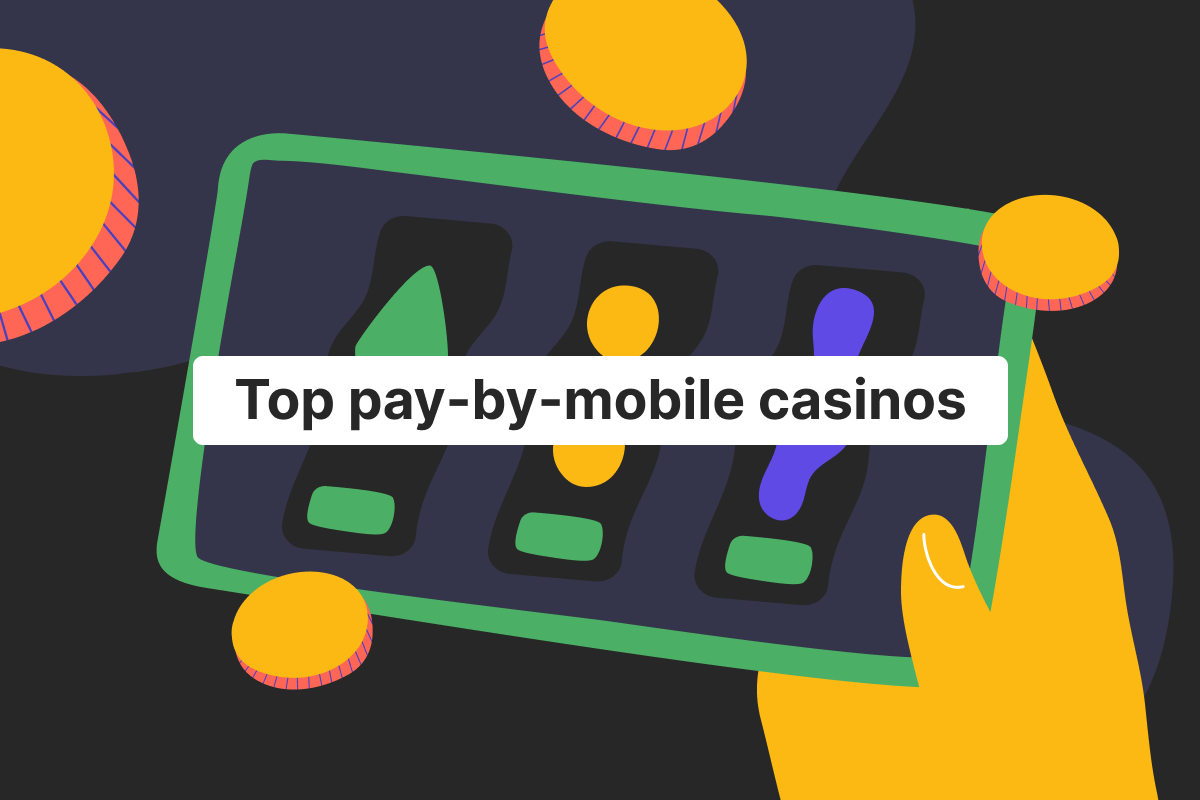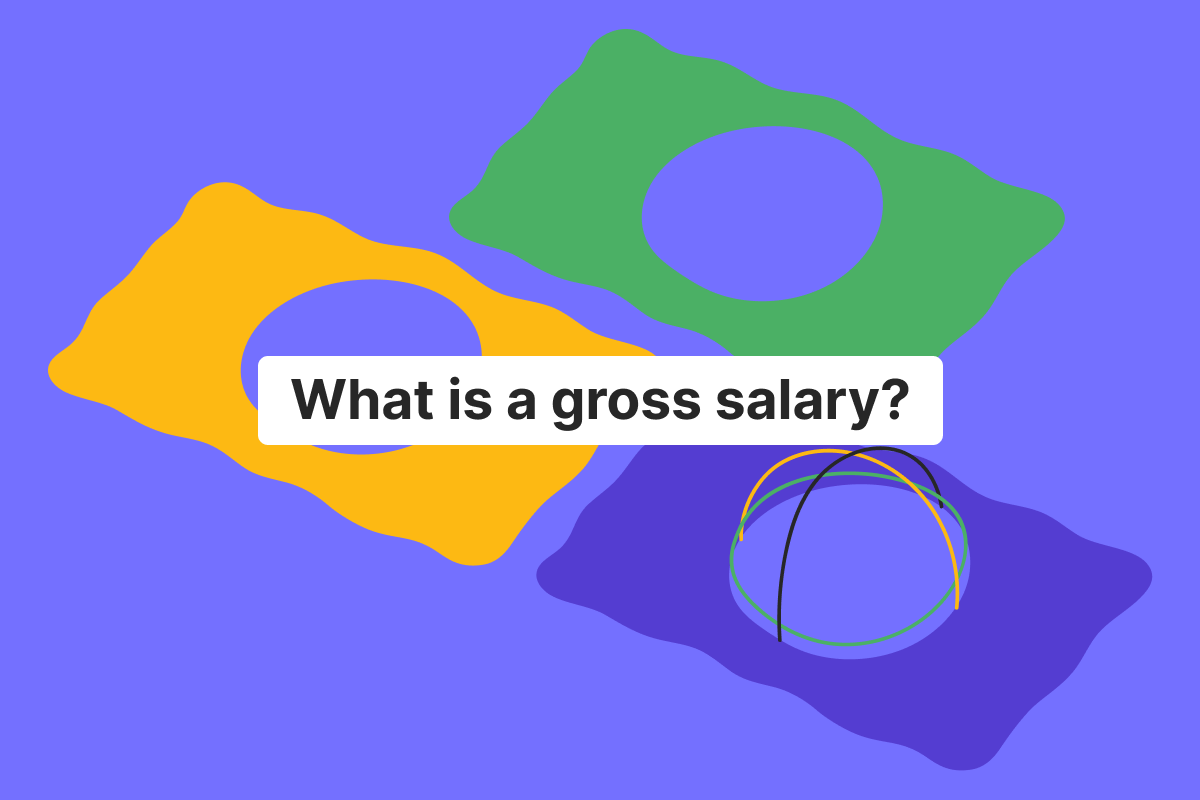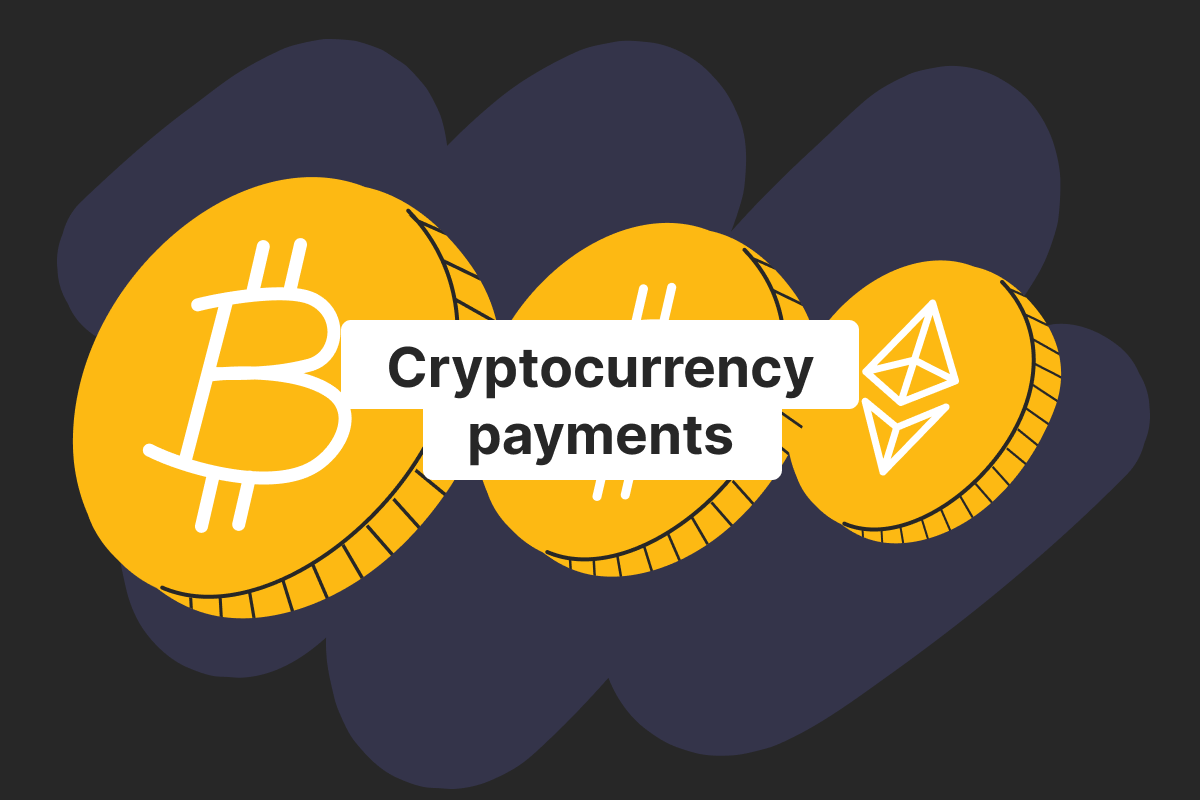Genome Blog / articles / EU banking rules and regulations
Sep. 28, 2021
With an overwhelming number of new financial providers appearing every year, it’s hard to keep track of all the banking rules. Fintech companies, just like traditional high-street banks, bring to the table new products, features, and ideas to attract potential clients every month. For example, with some financial providers, you can order a virtual card, while others do not offer such an option. Some present expensive services and premium packages, while others provide many features for free.
No wonder that people who are not deeply involved in the financial sphere can be worried about the safety of their money and bank accounts. The good news is that the financial industry is, in fact, strictly regulated in most countries of the world. Even if your financial provider does not have a banking license, they’re obliged to follow specific regulations. In today’s article, we’re cracking up the EU banking rules in plain English, so that you can choose a reliable provider to manage your finances.
The basic rules of bank accounts
All banks and other financial providers in the EU follow relatively the same banking rules and regulations. If you dig deeper, even those companies that open digital accounts for their clients within a few days, are part of the same financial sector and have to comply with similar laws. The major difference between regular banks and fintech companies is that the last ones rely more on technologies and, as a result, tend to process everything faster, no matter if it’s an application to open an account or request to talk to one of the customer support agents.
In the following part, we’ll discuss who or what is in charge of setting up the EU banking regulations.
What is the European Banking Authority (EBA)?
The EBA is an organization responsible for creating one regulatory framework for the EU banking sector. Established only 10 years ago, this organization develops a standard set of rules called the Single Rulebook. The EBA does not work on its own. On the contrary, it cooperates with the governments of all European countries so that the banking regulations are compatible with local laws. In addition, the EBA consults with international organizations and bodies if needed.
How many bank accounts should a single person have?
The truth is that you can have as many bank accounts as you want. The number of accounts that you open depends only on your needs and preferences. Nowadays, it’s quite common to have an account with a regular bank and a few accounts with other financial providers. For instance, some companies offer cheap international transfers in different currencies or card-to-card payments with low charges. It makes sense to have a current or savings account with a regular bank, but use other services for affordable financial operations as well.
Another example of having multiple bank accounts is sharing a joint account with significant others. One can have a joint account with their partner for, let’s say, household expenses or their children’s education. At the same time, they can have another shared bank account (with parents or other relatives) with some other financial provider. The key here is the effective management of all your bank accounts.
Is it legal to have multiple bank accounts?
At some point, many people will start looking for an answer to the next questions:
- Can you have more than one current account?
- If yes, can you have 2 current accounts with different banks?
The answer is – yes, there’s nothing criminal in having a few accounts even with different providers in most European countries. You can use different bank accounts for different purposes. The most common type of account is a current or checking bank account – it’s designed for everyday spendings. In our article on this topic, we’re explaining what are the pros and cons of having multiple current accounts.
Should you pay tax on bank accounts?
If you’re a user of a regular account, there’s no taxation on the account itself. However, you may need to pay taxes on the income received in your account. We recommend consulting with your tax adviser regarding the taxation rules applicable to you as those are different within EU countries. You may also need to pay taxes on the interest with your savings account. For example, in Germany, the sum earned on interest that is higher than €801 is taxable. These amounts and tax rates vary from country to country. Not to forget that some EU countries also impose the so-called wealth tax.
How to close a bank account?
Luckily, the majority of banks do not require you to go to the bank branch and sign documents to close your account anymore. If you do not want to use your bank account, just notify bank representatives (via phone, by email, via the Internet from mobile or web application). Some banks that still require their clients to sign documents about closing an account may send over these documents to your address.
Remember to double-check if you do not have any money left with your account before closing it. If you’re moving from one bank to another one, your new financial provider can arrange a smooth transition for you.
As you can see, closing a bank account isn’t a challenging or time-consuming thing anymore. Indeed, banks and financial providers are doing everything possible to provide a top-notch user experience for their clients from the moment when they apply for an account till the moment when they’re closing the same account.
How long do banks keep your bank statements?
Banks and other financial institutions are obliged to save both personal data and information on your transactions for at least 5 years. Details about how long the financial providers retain your data are usually disclosed in their privacy policies. This is done within anti-money laundering and counter-terrorism regulations. After this time and as long as there are no other statutory grounds to keep your data longer, the financial provider has to delete the data.
Back at the time, when banks did not use digital technologies much, you could receive your printed statements by post every month. But things have changed, and most people do not need physical documents anymore. It’s advised to save your digital statements on the cloud or your computer from time to time. With most financial providers, you can request and download any statement on your banking activity anytime. You either do it from mobile or web applications or by contacting the customer care department directly.
What’s the maximum amount of money you can have in a bank account?
There are no limitations on how much a person can keep in their account. This limit is usually defined by the type of your bank account, your pricing plan, and, of course, the capabilities of your financial provider. With savings accounts, for instance, you may be required to keep a specific sum in your bank account or make a large first deposit. Kindly note that financial providers may also apply limits on the transactions based on the client’s verification status, country of residence, and some other factors. It is done to be in line with the legal requirements.
Will I lose my money if the bank collapses?
Within the EU, any amount up to €100,000 is protected under the European Union’s deposit guarantee schemes. If something happens with your bank, you will be able to receive this sum back. However, the thing here is that not all financial providers are classical banks and have banking licenses and, accordingly, do not take part in deposit guarantee schemes. Find out how your money is protected and how you can return the funds in case something happens with the financial provider before creating an account with them and depositing large amounts.
The sums that should be paid back to the account owners if the bank fails are different for the US and UK because of their unique banking regulations and deposit guarantee schemes.
Can banks confiscate your savings?
No bank can confiscate your savings unless there’s a serious reason for this. Financial providers can indeed freeze or block your account and the money available with it and even limit your access to other financial operations. However, they do so to investigate any suspicious or fraudulent activity on the account. Sometimes, banks can ask you to send additional documents and information to prove the source of your income or why a particular transaction has happened (it’s a common practice for both business and personal accounts owners).
Just to be clear, banks have all the rights to perform any of the above-mentioned actions. It means that they are not confiscating the funds that are in the account but only making sure that these funds or their owners are not involved in any illegal activities. In case if any of the transactions appear to be fraudulent, the owners of the account may never be able to receive their money back.
FAQ
Who regulates EU banks?
European banks are regulated by the European Banking Authority (EBA) and governments of each corresponding country accordingly. Additionally, every country has its national banks and laws that lay the foundations for the internal banking system.
What is the EBA regulation?
The EBA stands for the European Banking Authority. It’s a special organization responsible for developing banking rules in the EU. It also ensures that all financial institutions and banks comply with these regulations. The EBA cooperates closely with both internal and international bodies that have to do with the financial sector. In such a way, this organization ensures and guarantees that all EU countries follow the same basic banking rules and protect their clients.
Do I need to live in the EU to open a bank account?
You don’t necessarily need to reside in the EU to have an account with a European bank. Of course, these rules vary from provider to provider. Some of them allow residents of their permitted list of non-EU countries to open an account. However, be ready to complete the compliance procedures required by the provider to open the account. It may include confirmation of your source of income and a detailed explanation of why you need an account in the EU. For this purpose, you may need to provide an employment contract, work permit, or other documents confirming your request for the account opening. Some providers require a residence permit from their applicants.
In Genome, we offer personal accounts to residents of some non-EU countries (click here to check the full list of countries).
As a user of Genome’s personal wallet, you receive a free EU IBAN account and a digital wallet, where you can make SEPA and other transfers. Transfers between Genome users are instant and free of charge. Apply online from anywhere in the world.
How much money should you have in your bank account?
You’re free to have as much money as you wish in your bank account. In the EU, any sum up to €100,000 will be paid back to the owner, if the bank fails. It’s possible thanks to the European Union’s deposit guarantee schemes, but it applies to the banks and not all financial providers take part in this scheme.





